
Epidemiology
The Johns Hopkins Bloomberg School of Public Health was ranked #1 in Epidemiology by peers in the 2025 U.S. News & World Report Rankings. We improve the public’s health by training epidemiologists and advancing knowledge concerning the causes and prevention of disease and the promotion of health.
Epidemiology Headlines

Could One Health Prevent the Next Pandemic?
Pathogens passed from animals to humans can trigger outbreaks like those of COVID-19 or Ebola. One Health offers a holistic approach to stopping these spillovers at their source.
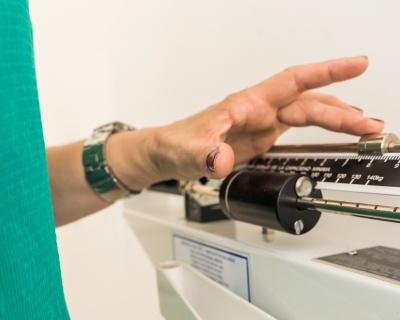
One in Seven Bariatric Surgery Patients Turn to New Weight Loss Drugs
More than half who took weight-loss drugs following bariatric surgery did so within four years.
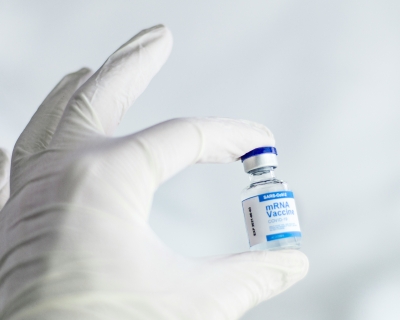
How Cuts to mRNA Vaccine Development Will Set the U.S. Back
mRNA vaccine technology has huge potential for treating not just infectious diseases but cancer and many chronic diseases—advances that may be threatened by funding cuts.
Research Saves Lives
Epidemiology plays an essential role to ensure the public's health through research and practice. Without research—at Johns Hopkins and at thousands of other universities, medical schools, and research institutions across the nation—scientific breakthroughs suffer, and the lifesaving treatments of tomorrow are at risk.
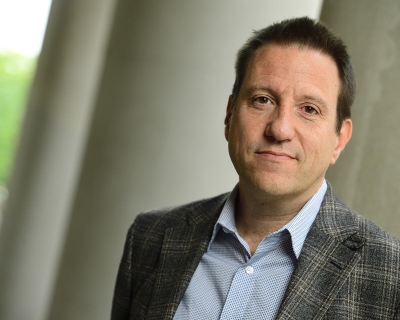
Epidemiologist Derek Cummings Returns to Johns Hopkins
The new Bloomberg Distinguished Professor of Infectious Disease Dynamics will investigate the transmission of diseases to develop interventions.
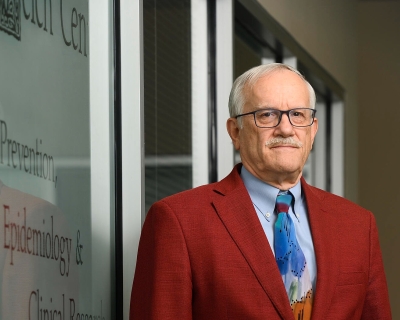
Finding the Best Recipe for Health
For the past 25 years, the DASH diet—developed by Johns Hopkins researcher Lawrence Appel—has helped patients lower their blood pressure and avoid heart disease.
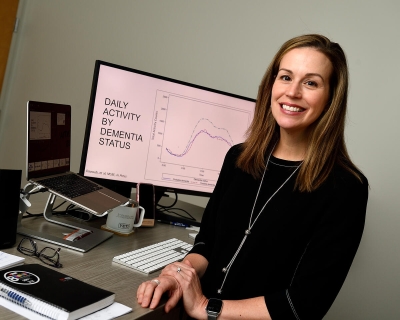
Long-Running Surveys Help Researchers Track Trends in Aging
The Center on Aging and Health, one of Johns Hopkins University's largest recipients of NIH funds, conducts critical work that provides real-time insights into the condition and care of older Americans.
What We Do in the Department of Epidemiology
The Department of Epidemiology is focused on generating fundamental and transformative knowledge to improve public health. We are committed to having a diverse and inclusive Departmental community that provides unparalleled training for the next generation of epidemiologists in the competencies, practice, and translation of epidemiology.
Epidemiology Highlights
1st
autonomous department of epidemiology in the world
8
different research tracks
13
countries with active research projects
100+
primary faculty

Epidemiology Programs
Within four degree programs (three master's and one doctoral), students have opportunities to engage directly with faculty, study internationally, and complete practicum experiences in the field.
Students in the PhD and ScM programs will choose from eight different tracks to focus their study and research. Students in the MHS and Bachelor's/MHS programs will choose from two different paths to focus their study. Additionally, there are several pre- and postdoctoral training programs available.
Here, students learn directly from world-class faculty. Our faculty lead every course, while teaching assistants provide extra support in labs and small groups.
Our students graduate with marketable skills and real-world experience, ready to make an impact, from the #1 school of public health.
Master of Health Science (MHS)
The MHS is designed for students who want to gain quantitative skills to participate in research or the translation of research into practice.
Master of Science (ScM)
The ScM is designed for students who want to gain advanced quantitative skills to conduct research combined with a mentored experience in applying these skills in a thesis project.
Doctor of Philosophy (PhD)
Training is offered through a core methodologic sequence with the addition of more focused courses in specialized areas. Most training areas of concentration require specific courses. Students are expected to tailor their curricula, working with their advisers to create a comprehensive plan of study and research.
Bachelor's / Master of Health Science (MHS)
The Bachelor's/Master of Health Science MHS combined degree program prepares students for further graduate work or prominent careers in research and science. It is an opportunity for undergraduate students at Johns Hopkins University who are majoring in Public Health Studies.
Centers and Institutes in the Department of Epidemiology
Center for Drug Safety and Effectiveness
Center for Public Health and Human Rights
Cochlear Center for Hearing and Public Health
Environmental influences on Child Health Outcomes (ECHO) Data Analysis Center (DAC)
George W. Comstock Center for Public Health Research and Prevention
Johns Hopkins Center on Aging and Health
Johns Hopkins Center for Clinical Trials and Evidence Synthesis
Johns Hopkins Center for Health Equity
Johns Hopkins Evidence-Based Practice Center
Spatial Science for Public Health Center
The Johns Hopkins Institute for Clinical and Translational Research
Welch Center for Prevention, Epidemiology and Clinical Research
Wendy Klag Center for Autism and Developmental Disabilities
Aruna Chandran, MD, MPH ’04,
studies how household and neighborhood factors affect health outcomes, and how resiliency factors can be leveraged to improve well-being.
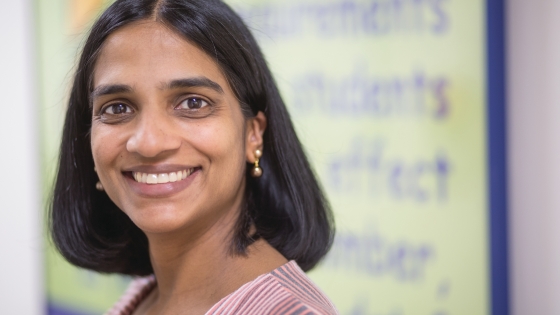
Support Our Department
A gift to our department can help to provide student scholarships and internships, attract and retain faculty, and support innovation.
